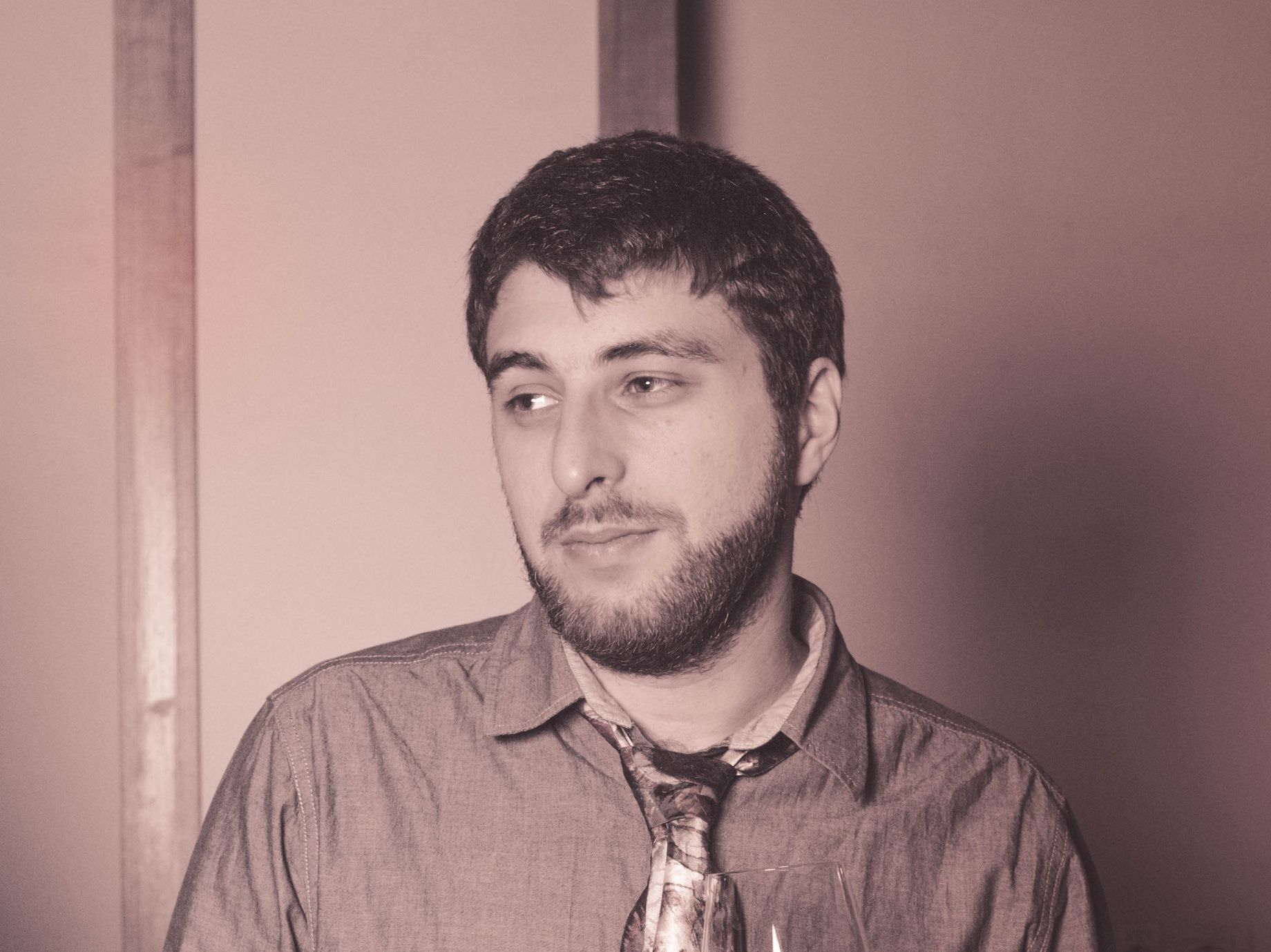2024-25
The Entanglement and Interaction of Imagination, Commemoration, and Memory of World War II and the Ongoing War in Ukraine. The Case of Kryvyi Rih
Since the start of the War, Migration, Memory project, Denys Shatalov has been engaged in the research group, preparing multiple publications that delve into various dimensions. These writings specifically center on themes such as the invocation of World War II history within the discourse surrounding the ongoing Russo-Ukrainian war, as presented by officials of varying hierarchies within Ukraine. He also examines the convergence of World War II, the Anti-Terrorist Operation in Donbas (2014-2022), and the current ongoing war within the geographic confines of Kryvyi Rih. Additionally, he scrutinizes the manner in which Soviet WWII monuments dispersed across urban landscapes shape anticipations concerning the monumental commemoration of the ongoing Russo-Ukrainian war.
Continuing this project’s trajectory, he outlines his intention to shift focus toward other pertinent research inquiries. Specifically, his upcoming endeavors include an analysis of WWII commemorations as living practices, aiming to understand their influence on societal outlooks regarding the ongoing war’s commemoration within Kryvyi Rih. Concurrently, he investigates the interplay between political circumstances and official memory politics, considering their role in shaping the evolution of WWII commemorations in Kryvyi Rih throughout the period of independence. Furthermore, his research places emphasis on the tensions existing between city officials and activists as they engage in a discourse regarding the configuration of a commemorative framework for the War in Donbas, marking the initial phase of the Russo-Ukrainian conflict (2014-2022) within the city.
2022-23
‘That War’ and ‘This War’: The Entanglement and Interaction of the Imagination, Commemoration and Memory of World War II and the Ongoing War in Ukraine
The majority of Ukrainians have grown up with the Soviet/post-Soviet tradition of commemorating WWII/‘The Great Patriotic War’. For decades, this topic has been a central part of the politics of memory and family history. This knowledge also formed the general image of war as a phenomenon. But since the beginning of the Russian invasion of Ukraine on 24 February 2022, people experienced war directly in different roles: as soldiers, refugees, volunteers, or bystanders. How does the image of ‘that war’ overlap with the image of ‘this one’? The main aim of this project is to reveal how existing historical knowledge about WWII/ ‘The Great Patriotic War’ and its commemorative practices influence the perception, as well as the presentation and commemoration, of the current war from the Ukrainian perspective and how the experience of the current Russo-Ukrainian War influences the transformation of WWII reception and commemoration. The project incorporates two perspectives: a general all-Ukrainian context and a detailed analysis of the local views of the city of Kryvyi Rih.
2019-20
»Turning Galicia to Cossackness«: The Cossack Myth in Galicia and the Formation of the Modern Ukrainian Nation in the First Half of the 19th Century
One of the foundations of modern Ukrainian identity is the so-called “Cossack myth”, which points towards the key role of the Cossacks in the history of Ukraine. This national-symbolic perception of the Cossacks is also widespread in historically non-Cossack regions, including Galicia, which was never a Cossack land, even when the Cossackdom had flourished. Still, in the collections of West-Ukrainian folk songs published in the 1830s, we can already find dozens of texts where the main figures are the Cossacks. They were also one of the main characters in the works of the first generation of Ukrainian “awakeners” of Galicia in the 1830-1840s. But, at that time, Galician Ukrainians did not yet have a reliable channel for “importing” these ideas from the Dnieper Ukraine. What was, then, the basis to these notions of the Cossacks by the Galician Ukrainians/Ruthenians? My project aims to study the ways that the "Cossack myth" was recieved in Galicia in the first half of the 19th century and the influence of this process on the formation of the modern Ukrainian nation.


